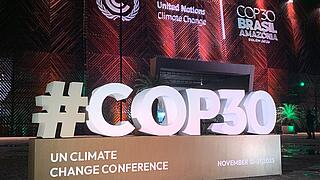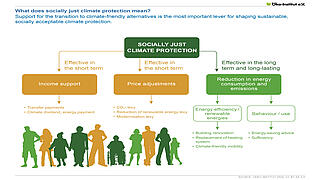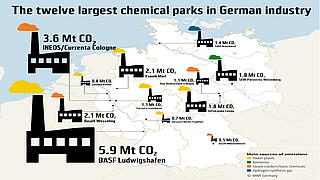Reducing dependence on fossil fuels, cutting greenhouse gas emissions, improving the quality of amenities and public services, providing eco-friendly transport options: the mobility transition must be designed with all three dimensions of sustainability – environmental, social and economic – in mind in order to minimise the negative impacts of transport on people and the environment. Identifying sustainable approaches to transport policy at both micro and macro scale has been a focus of the Oeko-Institut’s work for many years.
The researchers look at how mobility can be designed at both the national and the local level so that it contributes to the Sustainable Development Goals (SDGs) adopted by the United Nations. They conduct analyses, propose practical measures, e.g. for urban development, and monitor processes and successes achieved. They follow transdisciplinary pilot projects on local mobility services and assess their environmental, social and economic impacts, with a focus on sustainability. In doing so, they make use of empirical methods, both quantitative and qualitative, in order to embed acquired knowledge and apply it to other contexts and spaces. Here, they place emphasis on demand-led networking and sharing of experience between academics and practitioners.













